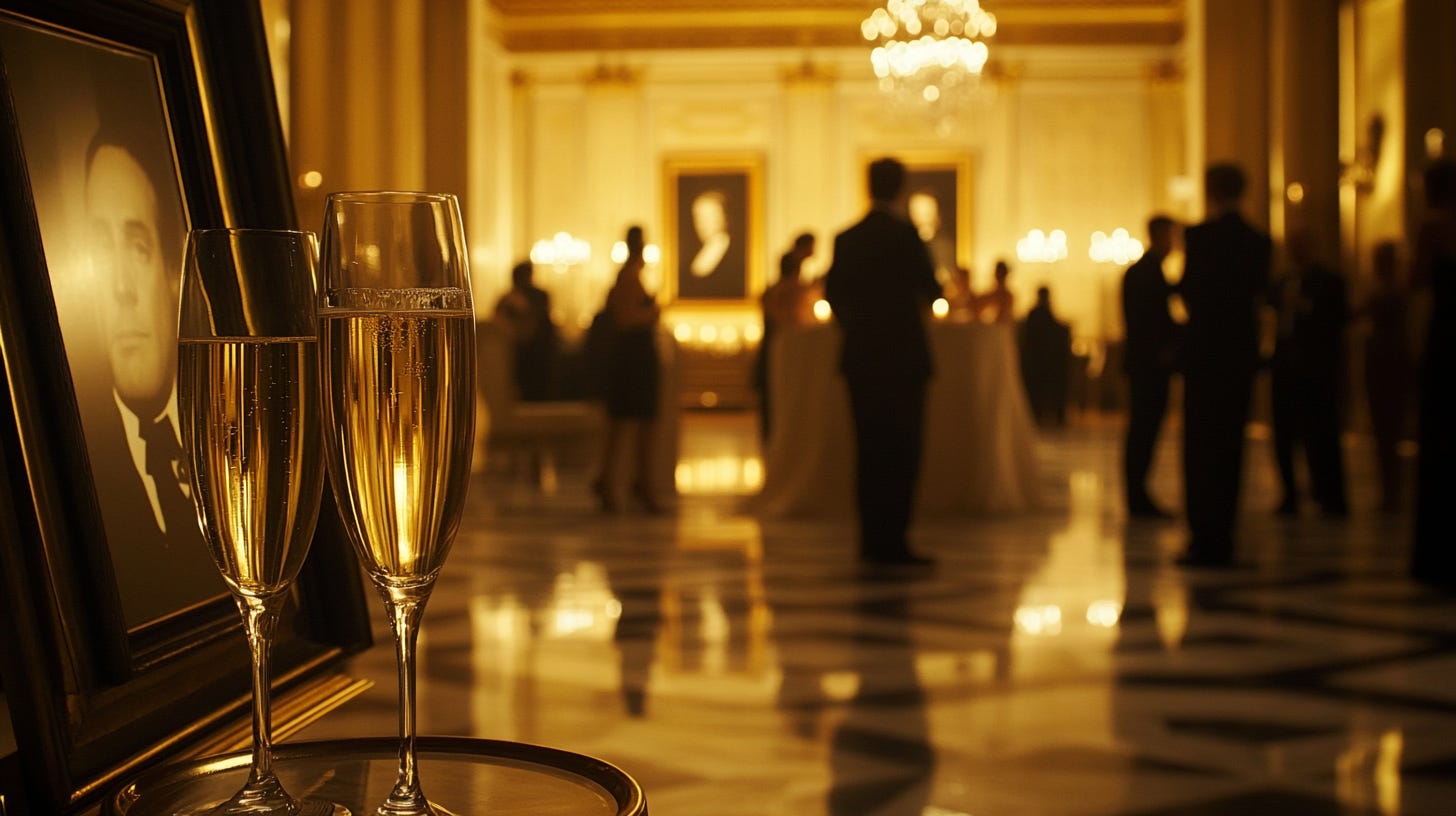I used to think the fall of a democracy would be loud.
But then I realized—it doesn’t come with sirens. It comes with shrugs.
With loopholes. With people deciding it's easier not to look.
So I stopped asking “How could this happen?”
And started asking, “Who benefits if we don’t notice?”
It’s not a single moment.
It’s the slow erosion of trust. The rewriting of history.
The fear that speaking up makes you a target.
And still—we speak.
Because silence is how it wins.
The Founder was unreachable when the call from the school came in.
A female staff member had behaved inappropriately around a teenage student—nothing sexual, but clearly unsettling and out of bounds. The school flagged it quietly—hoping we’d do the same.
But I couldn’t keep it quiet.
I suspended her immediately. Called an emergency Board meeting. Took responsibility, because someone had to.
My voice felt steady, but underneath it, a tremor: the fear that speaking up would cost me more than staying silent.
On the call, the Founder offered nominal support—just enough to avoid conflict. But privately, he reprimanded me for overreacting. For escalating something that should’ve been handled behind closed doors.
He wasn’t gone for lack of concern. He was consumed by something else entirely: the thrill of being important somewhere else.
That was the moment I understood: they didn’t want leadership.
They wanted cover.
They didn’t want accountability. They wanted the illusion of virtue—and someone else to take the fall when that illusion cracked.
When I was brought in, I was told—quietly, off the record—that they hoped I would “tame” the recklessness of the Founder. That I’d steady the ship. That when the time came, I would take over fully, and things would be different.
But when the time did come, and I raised concerns about financial irregularities I couldn’t ignore, the response was swift. I was dismissed two days later, with “performance” cited as the reason.
When I reached out to the Board, sharing what I had witnessed and the ethical concerns I felt compelled to raise, they didn’t respond. Not directly. Not meaningfully.
The story had already been decided.
Eyes wide shut.
It wasn’t about fixing the mission.
It was about preserving the performance.
The Founder often spoke of advising Presidents, shaping policy, influencing history. The numbers varied depending on the room. But the Board didn’t mind. They liked the glow.
The presidential equivalent of six degrees of Kevin Bacon was enough to keep them loyal.
At the nonprofit, they loved the annual gala—loved the proximity to power. The velvet rope. The curated guest list. The chance to mingle with elected officials, brush shoulders with celebrities, and pose for photos that made them feel like insiders.
The Founder carried the glimmer of Camelot—the golden-era mythos of proximity to greatness. It gave the organization an aura of inherited nobility. That shimmer was intoxicating.
And I learned something then that I see everywhere now:
People will endure almost anything, so long as the spotlight stays warm.
—
I think of that time often—especially now, watching the country I love buckle under the same quiet cowardice.
This morning, it was the law firms, bending to Trump’s demands. Rewriting their legal obligations to accommodate his campaign's extortionary tactics, all while calling it “strategy.”
Last week, it was the media, still insisting on both sides—even as one side actively undermines the very democracy that protects them.
It’s all the same pattern.
People who could act, choosing not to.
People with power, disappearing when it counts.
Leaders who offer tepid support in public, then vanish the moment truth needs backup.
And those of us who speak up—branded dramatic. Difficult. Disposable.
Told to wait until it’s safer.
Told that one day, we’ll be in charge.
But what they won’t say out loud is this:
They’re not afraid of confrontation.
They’re afraid of losing the glow.
The myth.
The illusion of goodness, scrubbed clean of risk.
—
If I could go back to that emergency call, I’d say it louder.
Not just the facts.
The disappointment.
The thing that still burns in my chest:
You asked me to lead, but only if I kept your hands clean.
You asked me to protect the house, but only if I ignored the cracks in the foundation.
You asked me to fix what you were never willing to face.
And when I did, you made me the problem.
I carried that silence for years, mistaking it for failure—when it was really evidence of what it costs to tell the truth before people are ready to hear it.
And now, I recognize it everywhere.
In headlines.
In hearings.
In the silences that follow.
Not the dream of Camelot, but the quiet deals struck in its shadow.
So I write.
So I speak.
Because the spotlight stays warm.
And the truth still matters—even when it’s unwelcome.
P.S.
I’ve chosen not to name individuals or organizations in this piece. What matters more to me than the specifics is the pattern—the way power cloaks itself in legacy, and how silence is rewarded when truth becomes inconvenient. This story isn’t about settling scores. It’s about telling the truth I carried for too long, and noticing how it echoes in the world around us now.



I really appreciate your support, and all that you do to be another voice of sanity, speaking truth to power. The news about the legal firms folding got me so angry this morning, but I knew that I needed to channel it in a different way.